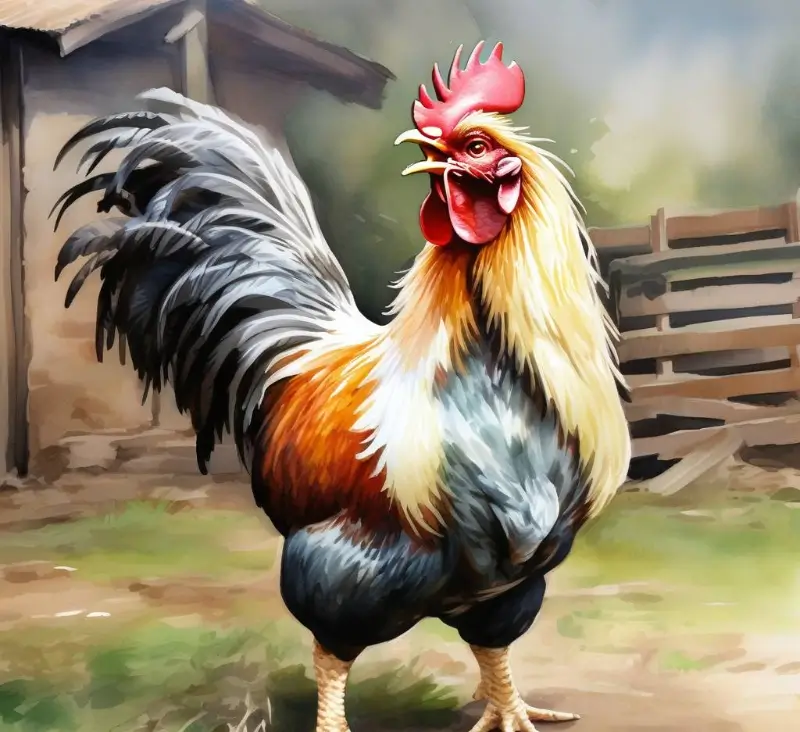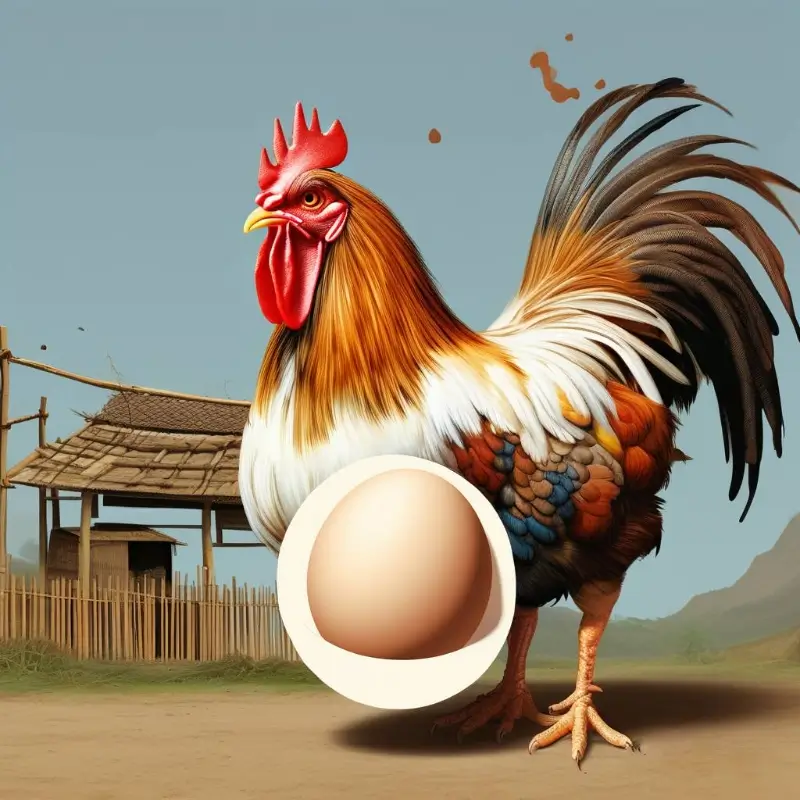why does the rooster crow?
Roosters crow for several reasons, and the behavior is multifunctional. Here are some of the main reasons why roosters crow:
- Territorial Defense: crowing is often used to establish and maintain territory. By crowing, roosters can signal their presence and boundaries to other roosters, warning them to stay away.
- Mate Attraction: Roosters use crowing to attract hens. The sound can be sexually attractive to females and may be associated with strength and fitness.
- Group Cohesion: Crowing can also be a way for roosters to keep track of and bond with their group. It can serve as a auditory communication method within the flock.
- Wake-Up Call: Roosters may crow in the morning to wake up the flock and ensure that all members are aware of their presence and the status of the territory.
- Stress or Anxiety: In some cases, crowing can be a sign of stress or anxiety. If a rooster is feeling threatened or uneasy, he might crow more frequently or at a higher volume as a form of expression.
- Health Check: Roosters may crow after molting or as a way to display their new feathers, which can be seen as a sign of health and vitality.
- Reaction to Light: Chickens, including roosters, are photoperiodic animals, meaning they use light and dark periods to regulate their biological clocks. Crowing is often more frequent in the morning when the light increases, as this signals the start of a new day.
It’s important to note that while these are common reasons for crowing, individual roosters may have their own unique reasons for crowing, and their behavior can vary based on their environment, genetics, and personal circumstances.



